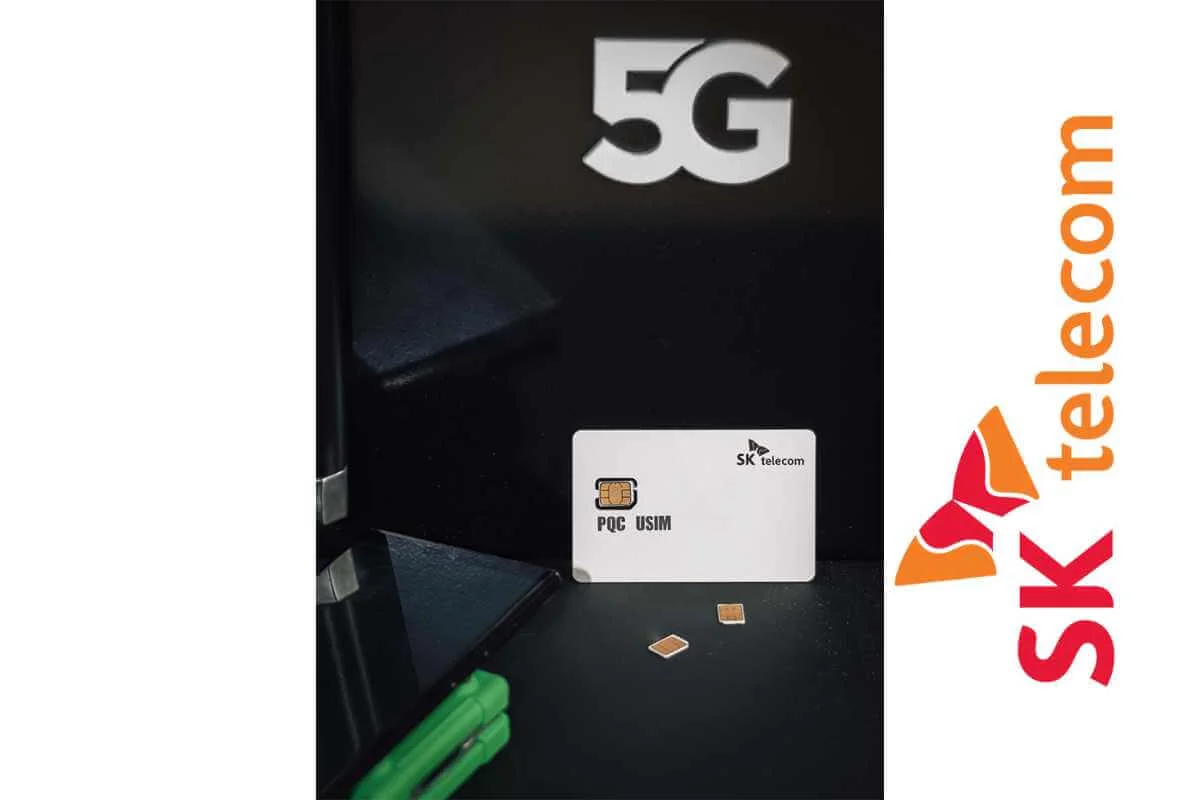
SK Telecom (SKT) and Thales have successfully integrated post-quantum cryptography (PQC) (quantum-resistant cryptography) into their 5G test network. In an official release, SK Telecom said it has successfully connected the 5G test network by developing SIM communication network certification technology using PQC in collaboration with security company Thales.
Also Read: SK Telecom Upgrades Nationwide Bus Wi-Fi to 5G
Technical Test Overview
The technical test involved applying quantum cryptosystems (QKD), post-quantum cryptosystems (PQC), and quantum random number generators (QRNG) to terminals and communication networks. SKT mentioned that this initiative aims to protect existing security systems from potential threats posed by the advancements in quantum computing.
Seamless Operations Confirmation
In collaboration with Thales, SK Telecom applied post-quantum cryptographic algorithms for encryption and key exchange to SIM and 5G authentication systems tested on a 5G network.
SK Telecom announced that the test demonstrated seamless operations, including registration, authentication, and receiving calls, even when applying post-quantum encryption algorithms, similar to the existing security system.
Also Read: AIS Expands 5G Sea Coverage in Gulf of Thailand and Andaman Sea
Future-Ready API Development
Furthermore, SK Telecom and Thales jointly developed the post-quantum cryptographic framework of this technical test as an API, laying the groundwork for future communication network authentication and services such as M2M/IoT that require high security.
Commenting on the test, SK Telecom said, "The purpose of this post-quantum encryption technology test was to strengthen the security and stability of long-term communication networks, considering quantum computing advancements. SKT will continue researching security systems that cover not only communication networks but also future services."
Also Read: SK Telecom and Deutsche Telekom to Jointly Develop Telco-specific LLM
Looking ahead, SKT plans to secure a differentiated solution for communication network security based on post-quantum cryptography, which has succeeded in this technology test, along with previously developed and commercially applied quantum cryptography and quantum random number generation.
With this, SKT aims to lead global network security standardisation in areas such as 5G-Advanced, 6G, and IoT development in the future.















